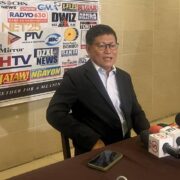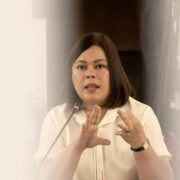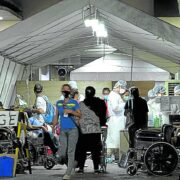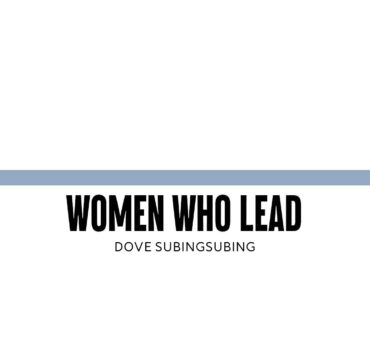The cancer of pork barrel politics
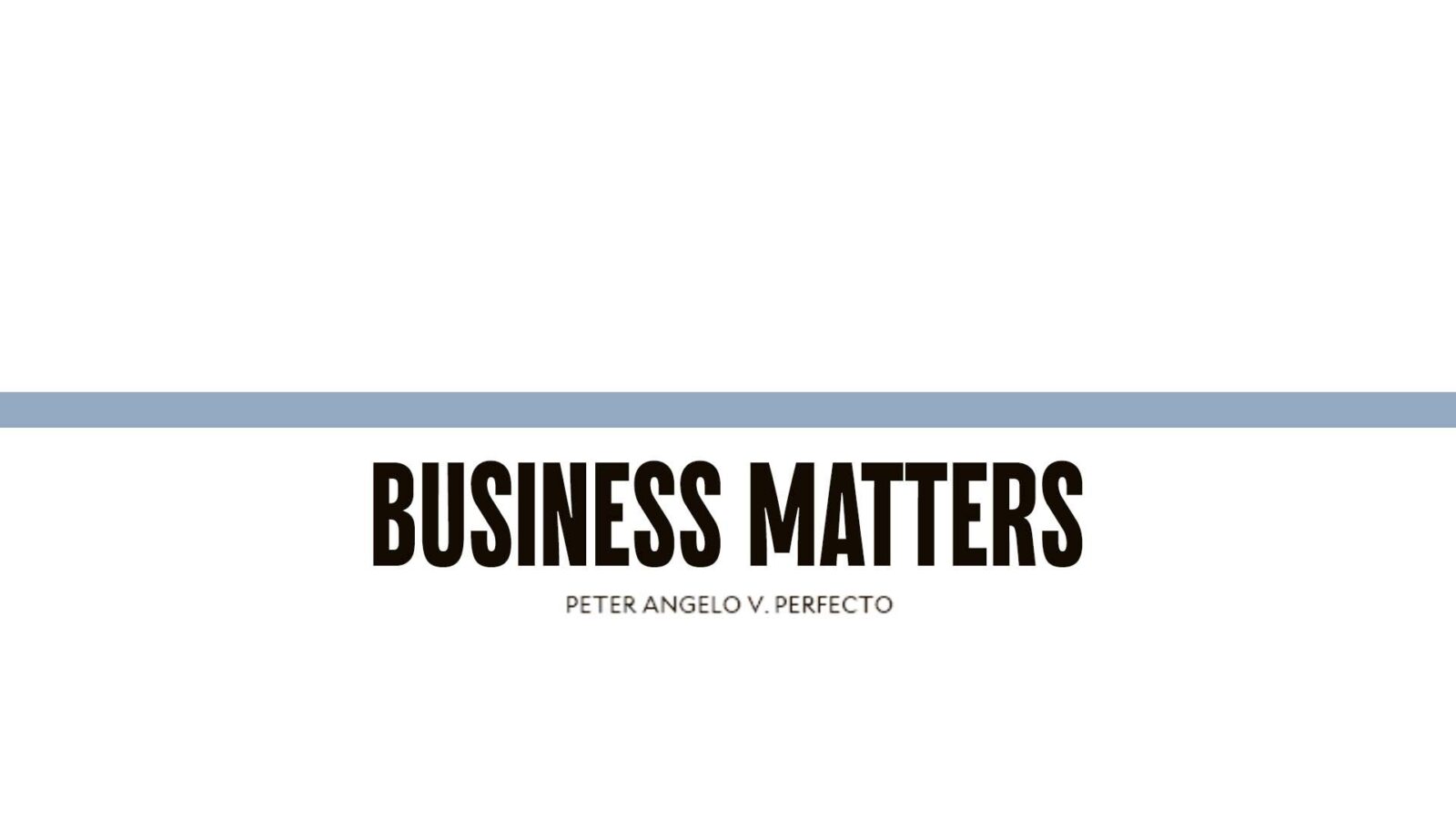
I hope that many were able to watch the Senate finance committee hearing on the proposed 2026 national budget last Oct. 28. Two young warriors for good governance and accountability—Ken Abante and AJ Montesa—spoke on behalf of the People’s Budget Coalition and the Roundtable for Inclusive Development (RFID) that were invited by the committee to speak. RFID is co-convened by Cardinal Pablo Virgilio “Ambo” David and Ramon del Rosario (Makati Business Club trustee). Allow me to share our key points.
As we all know, the national budget is the lifeblood of the government, providing essential funding for various sectors, including education, health care, infrastructure, and social welfare. Unfortunately, this vital resource has been compromised by the insidious influence of pork barrel politics, a system that prioritizes personal and political interests over the needs of the people.
The persistence of pork barrel politics has led to widespread corruption, undermining the integrity of the budget process and hindering the country’s development. You may recall that on Nov. 19, 2013, the Supreme Court declared unconstitutional pork barrel allocations called the Priority Development Assistance Fund. Yet, today, PDAF rears its ugly head in three types of pork entrenched in the national budget: soft pork, hard pork, and shadow budget. The consequences of pork barrel politics are far-reaching and devastating. It diverts funds away from essential public services, perpetuates corruption, and erodes trust in government institutions. The people suffer the most, as they are forced to beg for benefits, rather than receive them as a matter of right.
Soft pork refers to programs that provide assistance to individuals or groups, often in the form of cash or services, which can be used as a means of political leverage. The Department of Social Welfare and Development’s Assistance to Individuals in Crisis Situations and the Department of Labor and Employment’s Tulong Panghanapbuhay sa Ating Disadvantaged/Displaced Workers are examples of programs that have been criticized for being vulnerable to the manipulation of politicians. These programs have become tools for politicians to curry favor with their constituents, rather than providing genuine support to those in need.
Hard pork, on the other hand, involves infrastructure projects that are often driven by political considerations rather than genuine development needs. The lack of transparency and accountability in the allocation of funds for infrastructure projects has led to the proliferation of ghost projects, which do nothing to benefit the people.
The shadow budget, fueled by unprogrammed appropriations, operates outside the regular scrutiny of the General Appropriations Act, allowing for unchecked discretion and potential abuse. The lack of transparency and accountability in the use of these funds has led to allegations of corruption and abuse. The Supreme Court warned against the dangers of unprogrammed appropriations, stating that revenue targets should not be used to justify artificial surpluses.
In our testimony, we likened pork barrel politics to a cancer seriously threatening the nation’s development. Citing the critical role that the Senate leadership could play, Ken Abante explained that the Senate can set the standard for evidence-based, transparent, and participatory budgeting. By opening hearings, disclosing fund releases, and institutionalizing citizen participation, it can rebuild the nation’s immune system. Specific recommendations welcomed by the committee chair were made.
The government must prioritize transparency, accountability, and citizen participation in the budget process. This can be achieved by transforming P256+ billion in pork and patronage-based programs that are vulnerable to political capture into rules-based, rights-based initiatives. It should ensure that infrastructure projects are driven by genuine development needs, rather than political considerations. It must remove the whole P243 billion unprogrammed appropriations, which has been used as a shadow budget to fund projects like flood control.
The government must also take concrete steps to ensure that those who engage in corruption are held accountable. Failing to do so continues to make corruption low risk and high return. Finally, government must open the budget bicameral committee, treat civil society observers as resource persons, not just as token observers, and create with them an open budget transparency server that media and civil society can mirror.
Ken Abante stressed, “Pork, patronage, and corruption weaken transparency, accountability, and participation—the immune system of good governance. Left untreated, this disease will destroy public trust.”
Time for the Senate to become the doctors we need now!
—————-
Peter Angelo V. Perfecto was the former executive director of Makati Business Club.
—————-
Business Matters is a project of the Makati Business Club (makatibusinessclub@mbc.com.ph).






